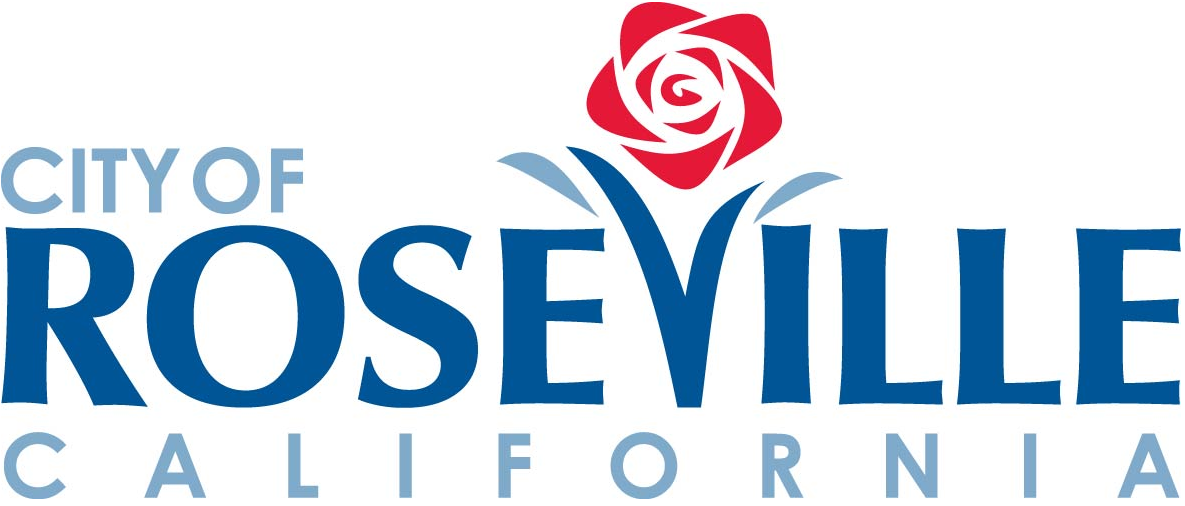| | | | | | | |  | CITY COUNCIL
Law & Regulation Committee
|
|
| | | | | | | | CC #: 9819
File #: 0103-32-02 | Title: | Governor’s Proposed 2019 Budget - Housing | | Contact: | Mark Wolinski 916-774-5179 mwolinski@roseville.ca.us
|
Meeting Date: 2/27/2019 Item #: 6.1.
|
| | | | | | | | RECOMMENDATION TO COUNCIL
The governor has proposed significant changes to the requirements of local governments with regard to the construction of housing and the role the Department of Housing and Community Development will play in the development of housing goals and the monitoring and enforcement of production of housing units. The changes are dramatic and concerning. Staff requests the Committee’s input and direction regarding bringing the item to the full City Council for its consideration.
| BACKGROUND
Governor Newsom announced his first budget proposal as governor last month. The proposed budget included increased commitments to health care, education and housing. To address California’s housing affordability crisis, the governor’s budget proposal includes $1.75 billion to spur housing development and promote economic growth.
The governor’s budget proposal also makes the case that the state is in the midst of a housing crisis due to factors such as decades of historical underproduction of supply when compared to demand. He states that of the estimated 200,000 units of housing that are needed annually to keep up with population growth, only 113,000 units were permitted in 2017; and since 2007, fewer than 750,000 units were permitted, accounting for only 40 percent of the projected need.
The budget allocates $500 million for incentives for localities that create new housing and $250 million to provide technical assistance to cities and localities to responsibly ramp up zoning and permitting processes. The budget also proposes housing solutions for the middle class including $500 million for tax credits and $500 million for home construction.
In large part, the governor cites local governments as significant contributors to the state’s housing crisis given their control over land use, housing-related decisions and policies that can either encourage or discourage housing construction. Furthermore, the governor contends that local jurisdictions increase development costs through lengthy review processes and local opposition resulting in project changes and extended timelines. In addition, he calls out fees such as planning service fees and impact fees charged by local governments as contributing substantially to the cost of development, asserting that these fees can vary widely by jurisdiction, ranging up to $150,000 for a single-family home and $75,000 for each multi-family housing unit. However, the governor’s budget narrative does not discuss the reasons local governments charge these fees nor does it validate their purpose. It only complains that fees add to the costs of building housing.
The narrative continues with an overview of the state’s investments to address the housing crisis including:
• Encouraging homeownership through tax policy and helping to subsidize the development of affordable units.
• Providing local jurisdictions with a variety of tools to help fulfill their housing responsibilities, including providing incentives to streamline development, promoting local accountability to adequately plan for needed housing, shortening the housing development approval process, and investing in affordable housing production through dedicated real-estate transaction-fee revenue; and,
• Investing 20 percent of cap-and-trade auction proceeds in the Affordable Housing and Sustainable Communities program to fund land-use, housing, transportation, and land-preservation projects to support infill and compact development that reduce greenhouse gas emissions.
The housing overview suggests that while some local jurisdictions have used these tools and increased their housing supply, more production across the state is necessary to address the larger housing crisis. The budget includes increased investments to remove barriers and increase long-term housing production, particularly for low- and moderate-income housing.
Concerning Changes for Local Governments
Staff believes there are some elements included in the housing section of the proposed budget that may be worthwhile and should be explored further. The budget includes $750 million in General Fund monies to partner with and incentivize local governments to jumpstart housing production through technical assistance and general purpose funding. This proposal could provide value, however there are very few details about how this process would function, what a local government would need to do to comply and what formula would be used to qualify a local government. In many situations, Roseville does not qualify for state funding because the city’s demographics are not within the parameters outlined for funding (i.e. average household income, average graduation rates, etc.).
The most troubling elements contained in the budget proposal are those that relate to providing a greater authority to the Department of Housing and Community Development (HCD), crossing the threshold of holding local governments responsible for the construction of housing.
The proposal summarizes changes that will give HCD greater authority to establish higher short-term statewide goals for new housing production across all income levels and will impose these goals on local jurisdictions. Furthermore, the administration will develop a strategy to revamp the current Regional Housing Needs Assessment (RHNA) process, which determines the amount and type of housing that regions and local jurisdictions must produce to meet their goals.
The new proposed process will grant HCD a more active role in housing element reviews. Moving from an advisory role, HCD would now oversee and enforce regional housing goals and production. HCD would determine a methodology for allocating housing needs to regions and local jurisdictions, with local input. It is unclear if this process would completely replace the current process for determining local housing allocations, but it is clear that the administration’s long-term housing production targets will be much more ambitious.
Finally, the proposal outlines that the state will take a more aggressive role in monitoring and inducing jurisdictions to build their share of the state’s housing supply by linking housing production to certain transportation funds and other applicable sources, if any. The administration intends to hold stakeholder meetings to consider the most reasonable course forward in linking transportation funding and other potential local government economic development tools with meeting required production goals.
Staff has significant concerns regarding the proposed changes to HCD from a department that currently certifies RHNA numbers to one that has complete oversight of the creation of those numbers, monitoring local government’s production of the units, and taking enforcement actions against local governments that do not meet the production goals.
The flaw with this approach is due to the reality that local governments do not control the construction of housing units. This is, and has always been the function of private developers and the marketplace. Holding local governments responsible for the production of housing and threating to withhold SB 1 transportation funds or other state funds a local government is entitled to is a precarious and unprecedented action, particularly after voters just reaffirmed their intent to keep the gas tax in place in November 2018 and to ensure that it is spent on transportation needs only in June 2018.
In addition, Roseville, like most local governments, is in compliance with current state law. It is approving its allocation of housing permits and has effective permitting processes in place. This one-size-fits-all approach unnecessarily punishes cities like Roseville for the inability of other local governments to meet their housing requirements.
Conclusion
Staff has discussed the proposed changes with the City’s state lobbyist Jason Gonsalves of Gonsalves & Son, and is developing an advocacy strategy to ensure the City’s concerns and input are considered in the discussions regarding the state’s housing crisis. Staff requests the Committee’s input and direction on bringing the item to the full City Council for their consideration.
| FISCAL IMPACT
The costs of these activities are contained within the City’s current budget.
|
ECONOMIC DEVELOPMENT / JOBS CREATED
The activities detained in this report will not result in job development or creation.
|
ENVIRONMENTAL REVIEW
The California Environmental Quality Act (CEQA) does not apply to activities that will not result in a direct or reasonably foreseeable indirect physical change in the environment (CEQA Guidelines §1506(b) (3). The action of reviewing proposed CEQA legislation does not include the potential for a significant environmental effect, therefore is not subject to CEQA.
| Respectfully Submitted,
Mark Wolinski, Government Relations Administrator
Megan MacPherson, Public Affairs and Communications Director | | | 
_____________________________
Dominick Casey, City Manager
|
|
|